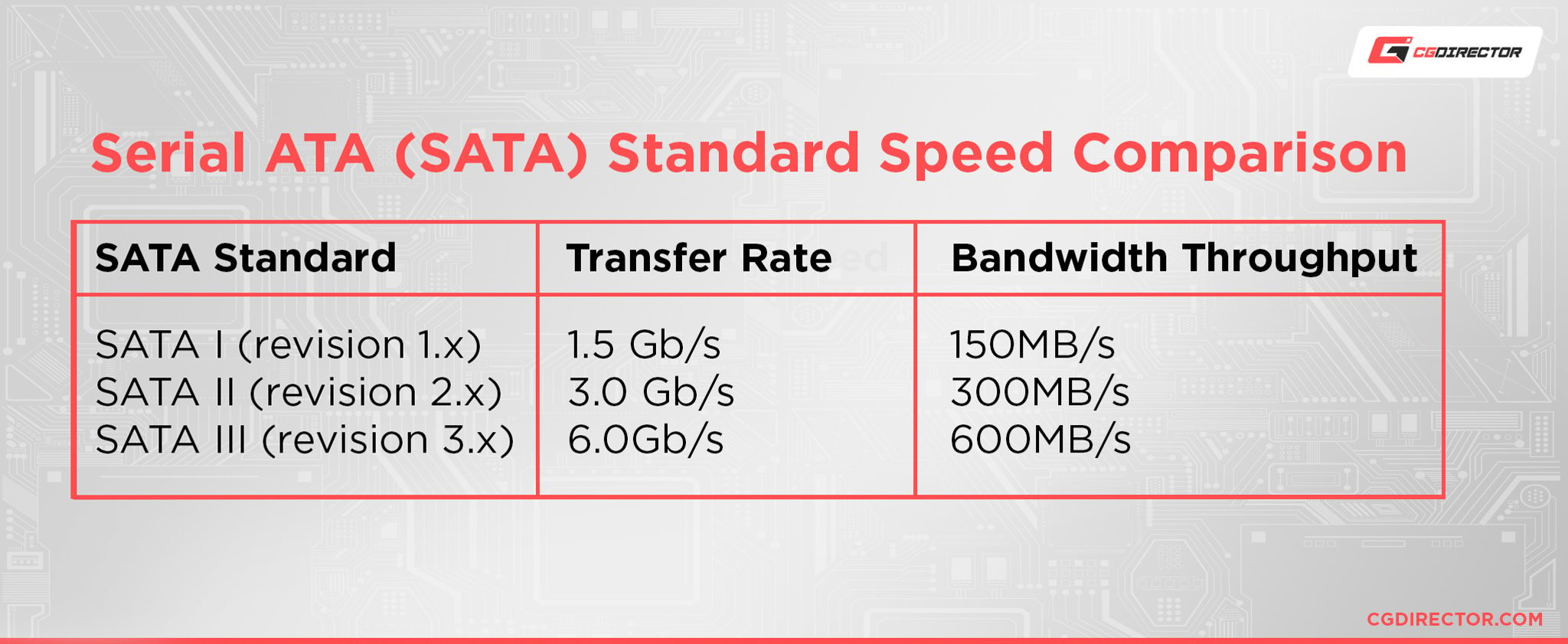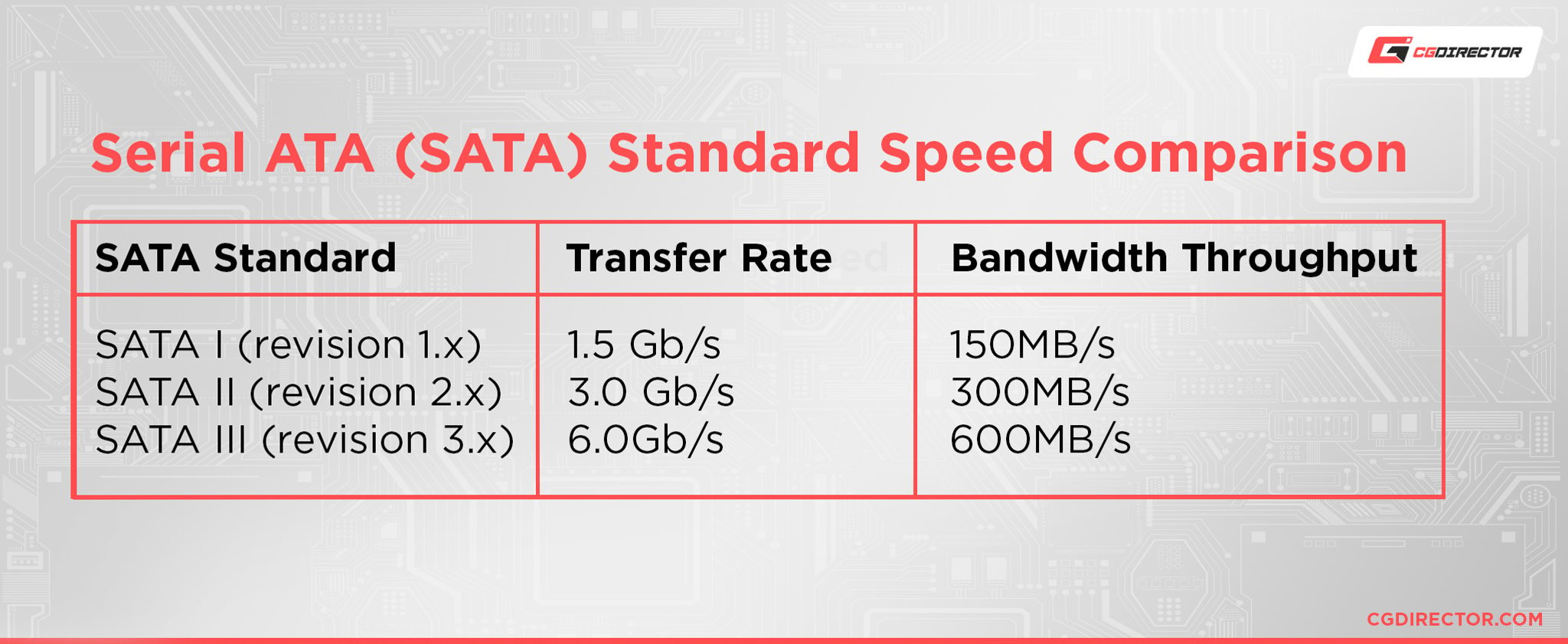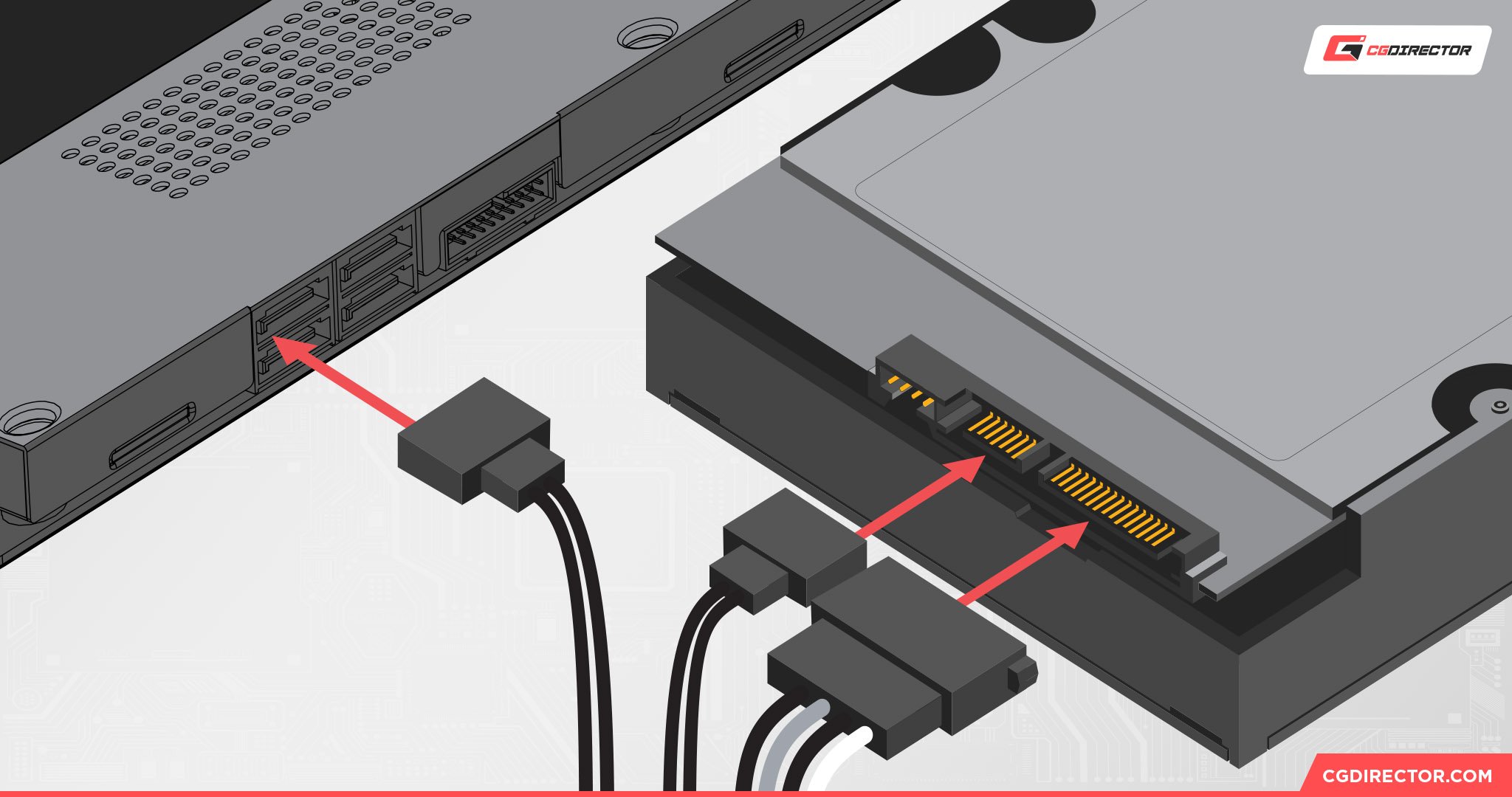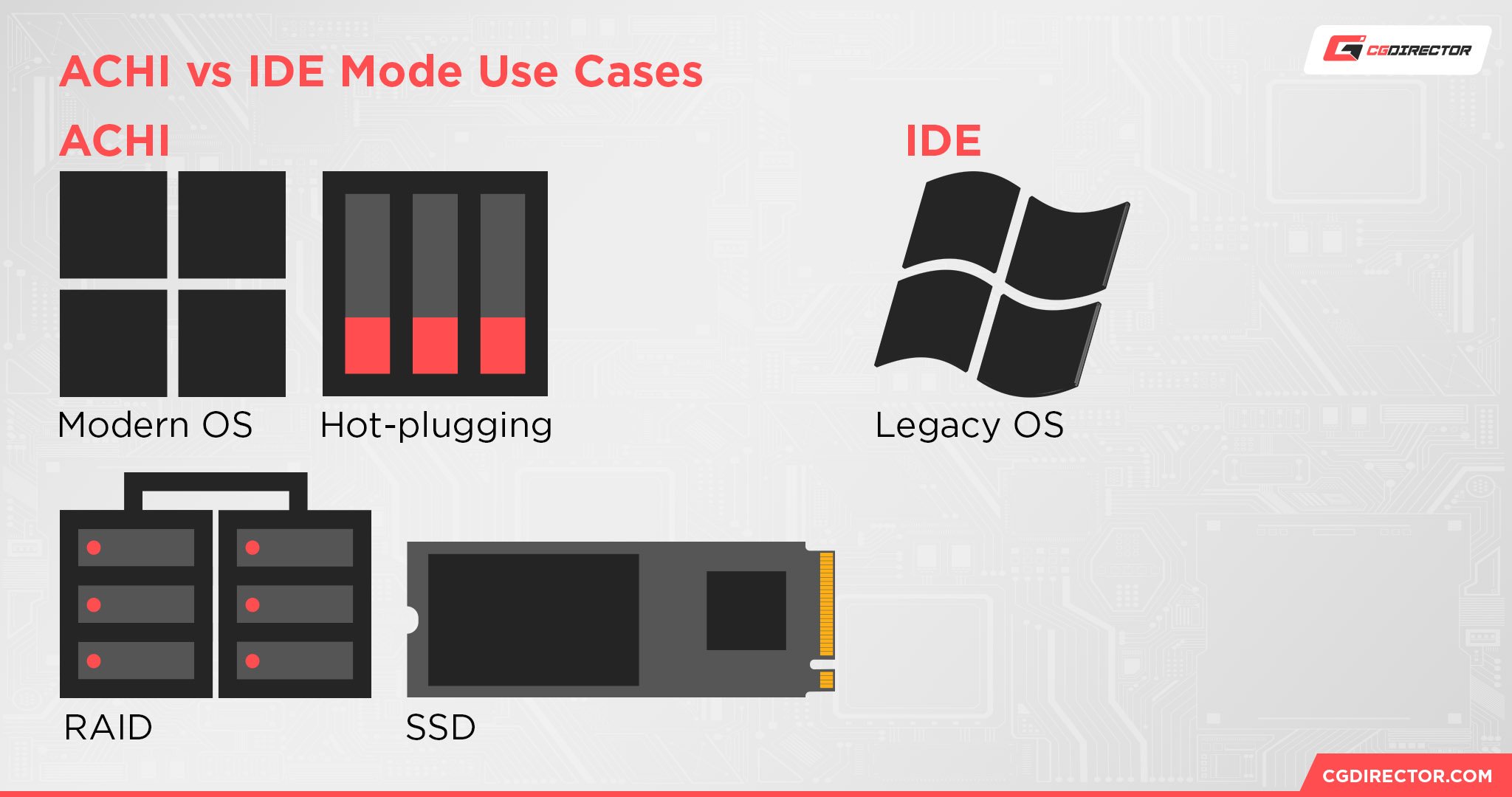
Find yourself asking “What is AHCI Mode in BIOS and Should You Enable It”? If yes, you’ve come to the right place!
Today, I’ll break down all you need to know about AHCI Mode in BIOS and break down what you need to know about it, including whether or not you should enable it.
Let’s dive in!
A Brief on SATA Storage and Operation Modes


As it turns out, the SATA (Serial ATA) standard not only has a variety of revisions, up to SATA III/SATA 6 Gbps, but also has a few different Operation Modes that can further impact the drive’s speeds and available features.


While I’ll dive into more details on AHCI Mode below, I want to go ahead and establish that AHCI Mode is one of two main operation modes for modern SATA HDDs and SSDs, alongside IDE Mode.
I’ll also discuss RAID a little later, since it also comes up in this discussion frequently despite not necessarily being directly comparable to IDE or AHCI.
What Is AHCI Mode in BIOS and Should You Enable It?
About AHCI Mode
AHCI Mode is an operation mode for SATA drives that was introduced alongside the SATA standard.
While debuted by Intel, AHCI is also supported by AMD motherboards, contrary to some reporting otherwise. AHCI mode stands for Advanced Host Controller Interface, and allows for your motherboard to make the most of a given SATA drive connected to your PC.
Here’s a list of AHCI’s benefits:
- Higher read/write performance
- Native command queuing
- Hot Swapping (unplugging / plugging in a SATA Drive when PC is on)
- Higher Amount of Drives supported (16 vs 2 on IDE)
- Supports SSDs
- Full RAID support
About IDE Mode
IDE (Integrated Drive Electronics) Mode is an operation mode for SATA drives that allow them to function as legacy IDE/PATA (Parallel ATA) drives when used with older operating systems that don’t recognize SATA.
Compared to AHCI Mode, IDE Mode doesn’t offer support for hot-plugging functionality and is generally a lot slower across-the-board than AHCI.
Should You Enable AHCI Mode?


So, should you enable AHCI Mode?
Unless you’re still running a pre-Windows Vista (or XP with updates) operating system, yes!
There really aren’t any benefits to running IDE Mode with modern drives, and even 10+ years ago, early SATA SSDs were clearly performing better in AHCI mode than in IDE mode.
IDE Mode only exists in your BIOS for the sake of legacy operating system support, and there’s literally no other reason to use it, since it’s worse in every other way.
FAQ
Is AHCI Better For SSD?
Yes, absolutely! AHCI is much faster than IDE mode, so if you want to achieve the highest speeds with your SATA SSD, AHCI Mode is a must.
Can You Use AHCI With NVMe Storage?
Nope! NVMe storage is using PCI Express bandwidth and operating at much faster speeds than any SATA drive.
AHCI is for SATA drives only, though you can configure NVMe drives to use a RAID configuration…you might need a specialized RAID card for the job, though.
Is AHCI Better Than RAID?
AHCI is not directly comparable to RAID like this, so I can’t say it’s “better”. If anything, AHCI is slightly worse than RAID…but only because the two features are fundamentally different.
Allow me to explain.
AHCI Mode, as covered above, is an operation mode for your SATA drives that allows them to reach their highest speeds on the SATA standard.
RAID Mode actually has all the same features of AHCI…but depending on the number of your drives and the specific RAID Array Configuration you choose, it can offer more or less performance with the same drives.
RAID is explicitly for use with multiple AHCI-capable SATA drives in your system, not a full alternative to AHCI…and of course, there’s no point in using RAID mode at all if you only have one drive in your system.
For more on RAID specifically, consider my extended article on the topic. For now, it’s about time to get wrapped up here.
Over to You
And that’s all!
I hope this article helped clarify what AHCI Mode is in BIOS and whether or not you should be using it.
The answer is almost always going to be “Yes”, but at least now you know the exact reasons why and won’t be left guessing which is the best option for you.
If you have any other questions about PC hardware or SATA storage, feel free to ask them in the comments section below! Me or another member of the CGDirector Team will be happy to help you.
You can also try our Forum for long-form discussions with other Experts and Enthusiasts in our community, should you please.
Until then or until next time, though, happy computing! And if you’re one of the five people reading this who actually does need to use IDE Mode for some reason…Godspeed, my friend. In spirit, anyway. IDE Mode is still pretty slow.






